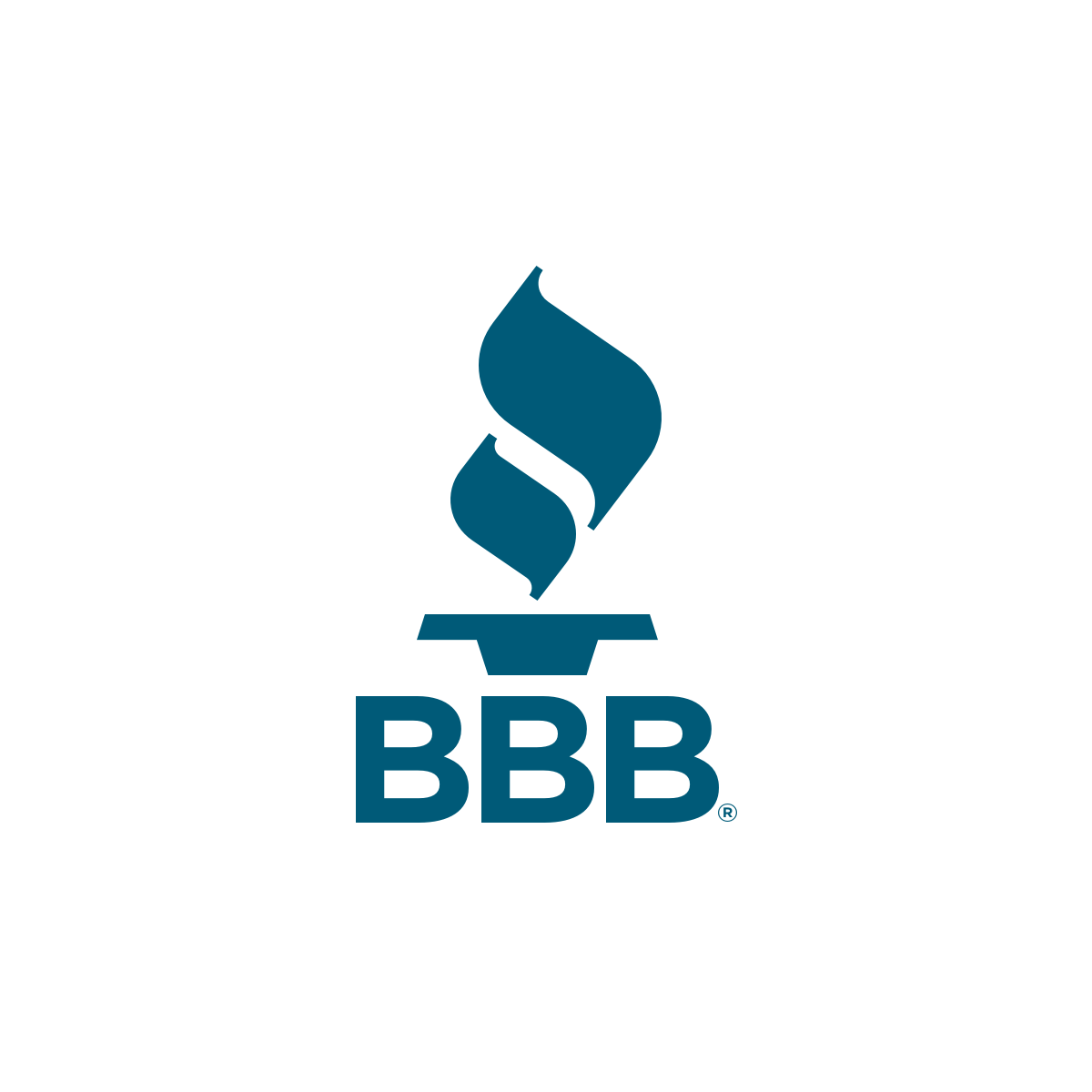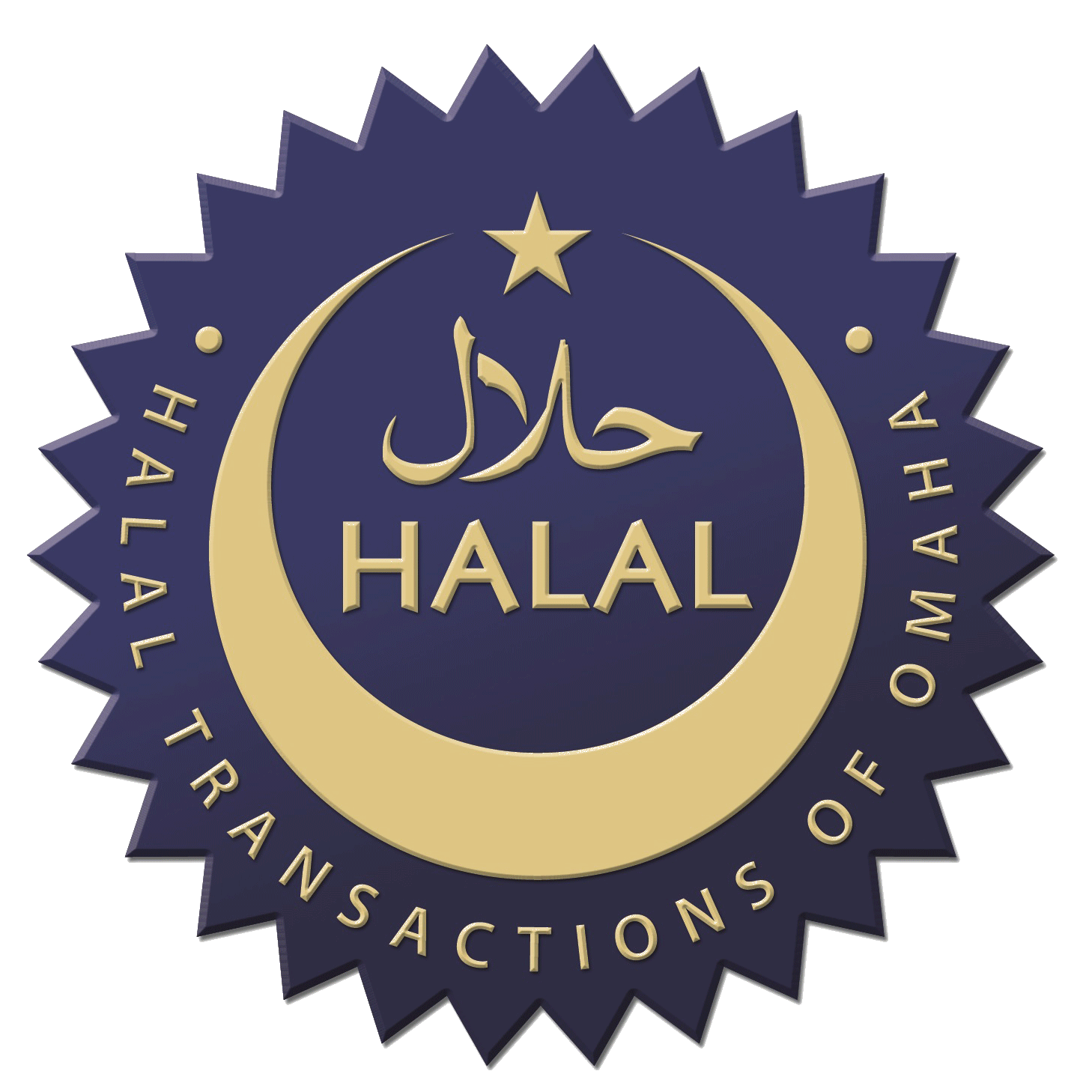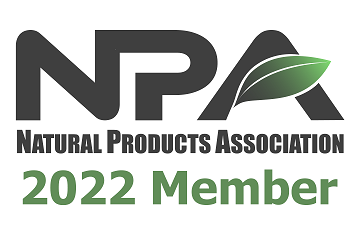Our Services
Why become Halal Certified?
There are a number of reasons to become Halal Certified, including:
- To attract Muslim customers to buy your products. The 6-8 million Muslims in the US have a combined purchasing power of $170 billion. The 1.6 billion Muslims globally have a combined purchasing power of about $2 trillion. Becoming Halal certified will enable your company to tap into this huge Halal food market. Halal certification enables your company to charge reasonable premiums.
- Halal laws passed in the US require that all sellers of “Halal” goods be able to provide documentation to prove “Halal” claims. Several states in the US have passed such laws including California, Illinois, Michigan, Minnesota, New York, and New Jersey. If your product is sold as Halal in one of these states your company will be liable with the burden of proof.
- The USDA directives on Halal state that the labeling of Halal products at a facility must be done under the supervision of an authorized Islamic organization. Violating this law may subject your company to heavy fines by the USDA for making false claims or unauthentic labeling. USDA can control the Halal labeling of food under the pretense of “Truth in Labeling.”
- The majority of Muslim countries require Halal certificates with each shipment of usable goods, especially foods containing meat, to be Halal Certified by a recognized Islamic organization in the country of origin. HTO’s Halal certificates allow your company to reach consumers in over 50 Muslim countries.
Our Halal Certification Procedure
Standard Procedure for Issuing Halal Certificates:
- The Halal Slaughterman, who has been trained and hired by the client in order to work on a full-time basis at an approved slaughter facility, fills in a monthly Halal slaughtering report or a log sheet. This report or log shall include the number of heads slaughtered via Halal kill and the dates of each Halal slaughter run.
- The Halal Report will be:
- Signed by the Halal Slaughterman/ Supervisor and a plant supervisor/ manager.
- Faxed or Emailed to HTO head office.
- Kept in the files of both HTO and the plant for any future audit.
- The Halal product may be shipped to one of these destinations:
- Sold as is in the domestic USA market. HTO will issue a Domestic Halal Slaughter Certificate and send it to the customer.
- Sold and shipped to export markets (skip to step #5).
- Shipped to a processing plant in the US for further processing. HTO will send the Domestic Halal Slaughter Certificate to the processing plant.
- In this case, the Halal Processing Inspector, trained and contracted by HTO to inspect processing at the processing plant, will:
- Check the received products, labeling and documents accompanying the raw product from the approved slaughterhouses.
- Make sure that there is a current Domestic Halal Slaughter Certificate accompanying the shipment to the processing plant.
- Supervise the processing, packaging and labeling of the finished Halal products.
- File a signed Halal Processing Report and send it to HTO’s head office.
- HTO will issue a Domestic Halal Processing Certificate for the finished products and send it to the customer in the domestic market.
- For products exported overseas, the plant representative will contact HTO to issue the export certificate by filling a special form with all needed information.
- HTO will compare and verify all information and prepare a Draft Certificate before issuing the final certificate by checking these documents:
- Halal Slaughtering Report.
- Halal Processing Report.
- USDA Health Certificate.
- Current Location of the Shipment.
- HTO will issue the final Export Halal Certificate, which will be:
- Checked for completeness and accuracy.
- All information are verified by HTO and approved by the processor.
- Signed and stamped by the HTO’s Halal Director.
- Sent by express mail to the plant or their customer directly.
- Copies of all Halal certificates issued and reports generated are retained at HTO office and at each plant for their records.
- Note: The processor will be responsible for supplying complete and accurate information about the shipment then verify all information on the Draft Halal Certificate. Once verified by the processor/shipper, HTO will issue the final Halal Certificate and will not be responsible for any errors thereafter.
Halal Standard & Schemes
Halal Transactions, Inc. adheres to the following quality standards and Halal certification standards:
- GSO 2055-2 Halal products – Part two: General requirements for Halal Certification Bodies.
- ISO 17065 Conformity assessment – Requirements for bodies certifying products, processes and services.
- ISO 17021 Conformity assessment – Requirements for bodies providing audit and certification of management systems (Relevant sections as referenced in GSO 2055-2).
Halal Transactions, Inc. assesses and certifies qualified applicants and clients against the following international Halal standards and schemes (standards and schemes utilized will depend on the client’s destination markets):
- GSO 993 Animal Slaughtering Requirements According to Islamic Rules
- GSO 2055–1 Halal products – Part one: General Requirements for Halal Food
- GSO 2055–4 Halal products – Part 4: Requirements for Cosmetics and Personal care
- GSO 2359 Extraction solvents and their residue limits in the production of foodstuffs and food ingredients
- BPJPH Decree No. 57 of 2021
- Halal Product Assurance System Criteria
- SNI 99001
- Halal Management System (Sistem Manajemen Halal)
- SNI 99002
- Halal Slaughtering for Poultry
- SNI 99003
- Halal Slaughtering of Ruminants
- Indonesia Act Number 33/2014
- BPJPH Regulation on Halal Product Assurance Criteria Systems (SJPH) Kepkaban 57/2021
- Guide Halal Accreditation for LPH/LHLN
- KMA No 1360/2021
- KMA No 748/2021
- SNI ISO/IEC 17065:2012
- Decree Of Head Of Halal Product Assurance Agency Number 20 Of 2023 On Criteria Of Halal Product Assurance System (keputusan Kepala Badan Penyelenggara Jaminan Produk Halal Nomor 57 Thaun 2021 Tentang Kriteria Sistem Jaminan Produk Halal).
- Decision Of The Head Of The Halal Product Assurance Board Number 57 Of 2021.
- OIC/SMIIC 1 General Guidelines On Halal Food.
- OIC/SMIIC 2 Guidelines for Bodies Providing Halal Certification



